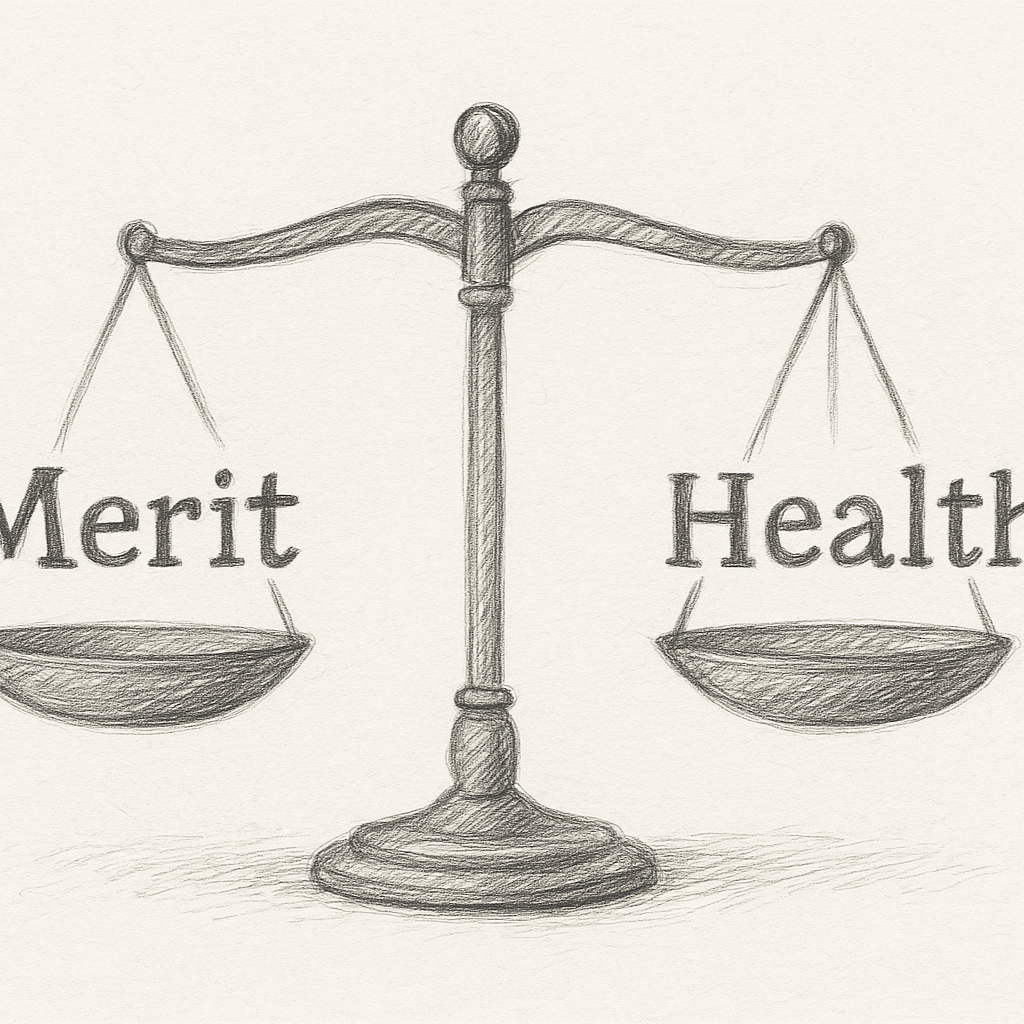COVID-19 Through a Person of Color's Lens
Illustration by Dana Binfet
As we move forward and learn to adjust with new social norms of Covid19, it has brought a new concern when it comes to what it means to be a person of color (POC) in America. California now has placed a ruling that in order to receive and get service you are required to wear a mask in all public places. This includes stores, medical offices, and anything that has remained open to the public. This may seem like it's not that big of a deal, besides the fact that it causes the inconvenience of wearing a mask when we’re all used to going outside as carefree as we want. It draws a bigger concern when it comes to the lives of people of color when dealing with racial profiling.
It's hard enough living in a world that already has such a racial prejudice against you. People of color, including myself, are making conscious decisions everyday about the way that we present and show up in the world and how we are perceived by others, especially the police. When we look over the years, such as with Trayvon Martin and the many others whose names shall not be forgotten, these cases exemplify just how racial profiling and black male stigma help perpetuate social inequality and injustice for black men.
It wasn't until my stepdad, along with most of my friends, expressed how they all feel uneasy as people of color wearing homemade masks and bandanas, that are often associated with perpetrator sketches and with store security camera footage of masked assailants. Something as simple as a mask can spark up a lot of stereotypes in people's minds. This has brought a lot of feelings of fear and being unsafe around being a POC and wearing a mask.
My friends have brought up a lot of interesting perspectives that I wish for a lot of reasons that they didn't have to feel or think.
“Me being a POC, I feel like I always had a target on my back before the pandemic due to the way society portrayed me due to the color of my skin, I’m viewed as a ‘thug’ and someone who ‘steals,’” Elijah Smith, an essential worker and former SMC student, said. “...I’m constantly watched by authorities no matter where I go due to my skin, and these masks won’t help my situation….So I try to dress in a way I feel is less ‘threatening” to society.’”
Similar feelings also came up among women as well.
“No matter the distance, white people always made it a point to show me how uncomfortable they were being around me. I had seen their chest get tight and their eyes bulged out of fear,” SMC student Jessica Hilton said. “I had seen husbands pull their wives closer as they stared me down. I had curious eyes look at me while their mothers pulled their arms to look the other way. This is the most belligerent racism I have experienced in my life.”
This also doesn't stop with our essential workers, unfortunately. Ken Knight, an essential worker at a grocery store, addressed similarities in picking up on the microaggressions at and outside of work. “It feels like I have a uniform advantage because people see me in a mask and see the store logo,” Knight said. “But it's when you keep getting asked if you’re ‘finding everything okay’ by the same associate who happens to keep popping up in the same aisle as you, or the weird stares on your way to get coffee that made me realize that we are unfortunately still perceived to host criminal intentions over $2 imported trinkets.”
The new mask ruling also shows a complete irony in the sense that before COVID-19, if anyone of color were publicly wearing a mask, it would be seen as suspect or linked to criminal activity. Now, it is required of everyone. This poses many questions for me. What changed? What makes you look at me and fellow POC differently without the ruling? What in this mask makes me a suspect? Where did we learn to adapt and affiliate these stereotypes with the mask that it changes your whole perception of the person underneath it?
Being black in a pandemic has just in all brought up issues that were no doubt already present. My issue and fear is not of the mask, but the representation that the mask holds. It’s a symbol of a bigger and more complicated problem.
“I think we're living in a really important period of time where a lot of issues with today's society can be brought to life racial, economical, societal,” Knight said. “So many of us want to make progress and change for the better but so many of our country's people in power are concentrated on short term gains. It's unfortunate that we are living the way we are.”










In January, Minnesotans pushed back against Immigration and Customs Enforcement operations using Los Angeles tactics.